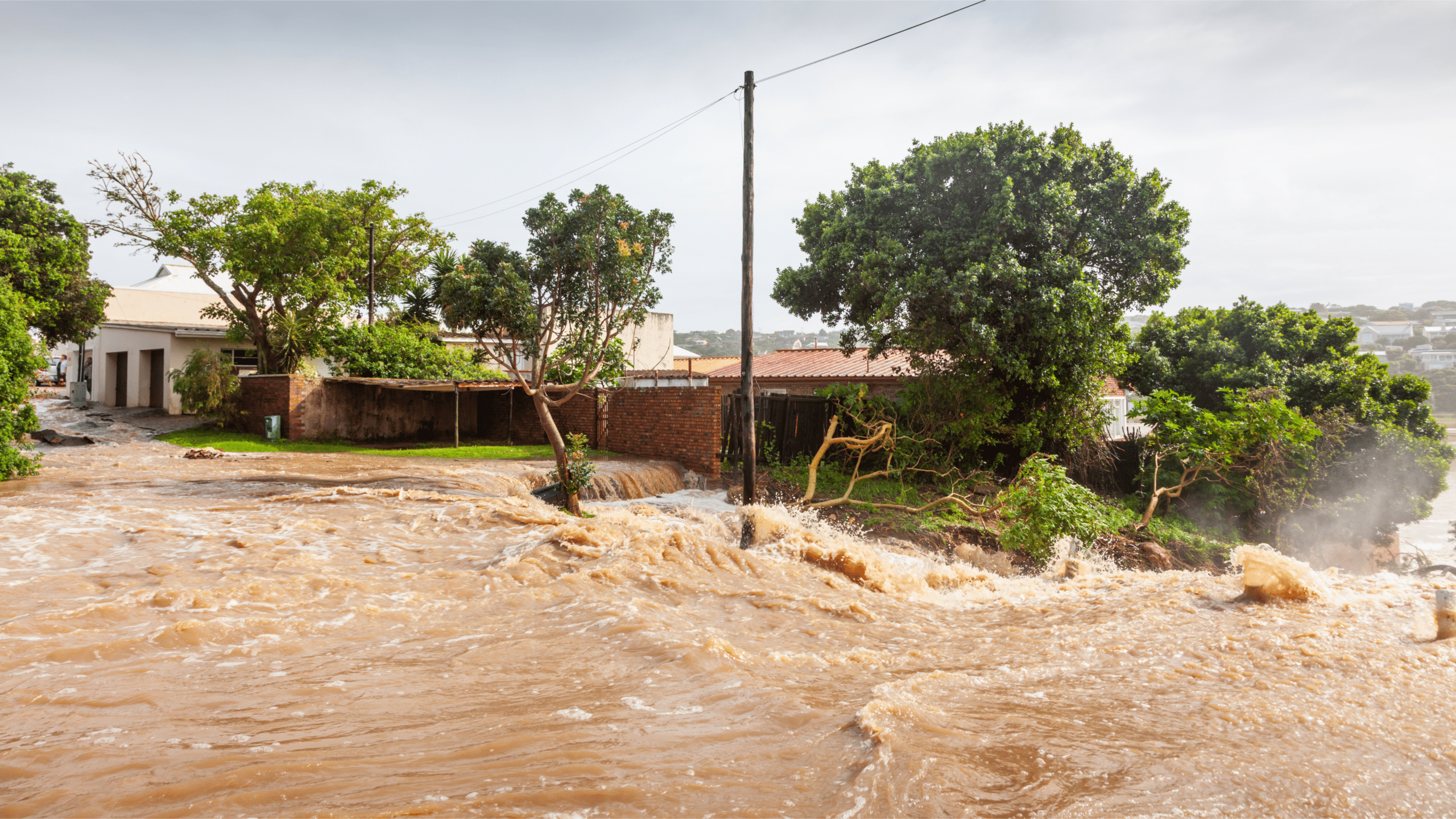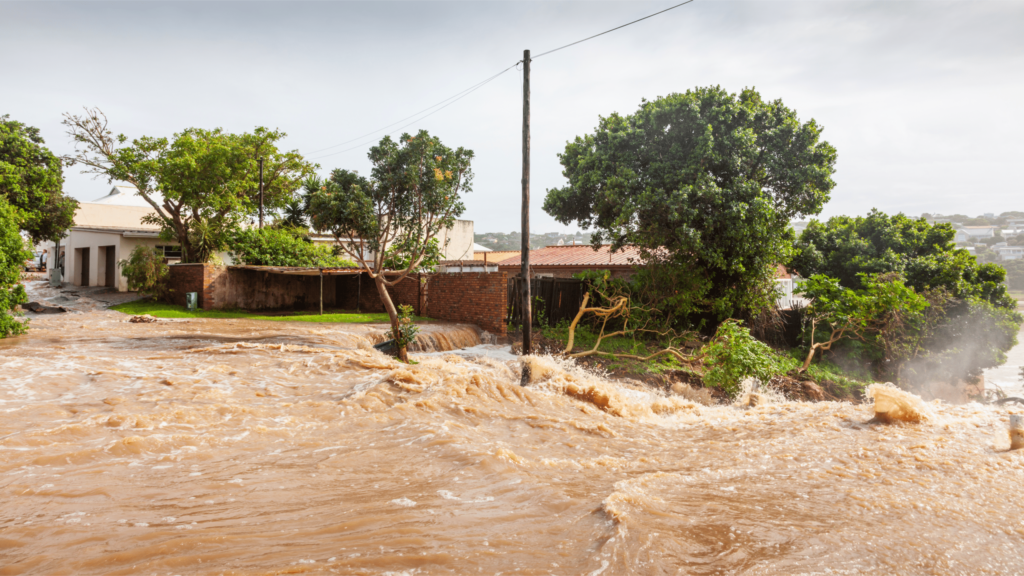IPCC report shows devastating impact of climate change on human rights
GoodBlog | read time: 3 min
Published: 8 March 2022

The second part of the Intergovernmental Panel on Climate Change’s Sixth Assessment Report[1], published last week, focuses on the consequences of climate change. In particular, its impact on ecosystems and human societies, as well as on the means used so far to adapt to these changes.
The first part of the report, published in August 2021, analyses climate change. The authors indicate that the human influence on global warming is undeniable and is causing rapid and widespread changes beyond the natural variation of the climate, including extreme weather events.
Disproportionate impact of climate change on vulnerable societies
Based on this observation, the second IPCC working group details the consequences of the climate crisis on ecosystems and populations, some of which are already irreversible. While all ecosystems and populations are affected, vulnerability to climate change is not the same in all geographical areas. It varies according to the use of natural resources but also according to the socio-economic development of the regions, particularly inequalities, the marginalisation of certain categories of population or the systems of governance. Consequently, the most vulnerable ecosystems and populations are disproportionately affected by climate change. For example, access to water and food security are reduced, particularly in Africa, Asia, Central and South America, the Arctic and for small islands. According to the report, between 3.3 and 3.6 billion people live in “contexts of high vulnerability to climate change”.
The IPCC also notes that the risks and impacts of climate change are becoming ever more “complex and difficult to manage” as their interdependence increases. For example, lower agricultural yields due to heat and droughts, coupled with lower labour productivity due to heat, affect food security and lead to higher prices, and therefore risks of malnutrition and mortality.
Building climate resilience through social justice and equality
While efforts to adapt to climate change are occurring in all regions, they are unevenly distributed and often focus on short-term solutions. As global warming intensifies, the feasibility and effectiveness of these measures is diminishing. The Report therefore calls for multi-sectoral, long-term and inclusive responses that take into account both environmental and social issues. To build resilience to climate change, it is essential that governments, the private sector and civil society prioritise issues of social justice and equality and, more broadly, greater respect for human rights. However, some climate change adaptation measures pose new risks to ecosystems and human societies. Reforestation, carbon storage or capture projects, for example, can lead to the displacement of populations. Unwilling or poorly anticipated displacement could reduce access to natural resources, food security or water availability for local communities. Similarly, the implementation of carbon taxation systems can lead to higher energy prices and reduced access to public services for vulnerable populations. Businesses looking to invest in nature-based solutions to mitigate their climate impacts need to undertake careful due diligence to ensure that local populations and environments are properly protected.
The role of business in integrating human rights to the implementation of climate change adaptation
More generally, the implementation of climate change adaptation must include the effective and informed participation of all stakeholders to ensure that their human rights are respected and protected. In particular, any proposed measures must take into account, within each set of stakeholders, the increased vulnerability of specific groups such as women, gender minorities or migrant workers, who are themselves already the subject of multiple forms of inequality. Businesses have a key role to play in this and have an opportunity to take the lead by implementing appropriate adaptation measures and taking an integrated approach that includes human rights, environmental and climate-related issues.
GoodCorporation works with organisations to identify, prevent and remediate human rights impacts within their operations and throughout their business relationships. Taking into account and consulting with internal and external stakeholders is an essential part of our work.
[1] The IPCC Sixth Assessment Report was written by 270 scientists based on 34,000 studies. To find out more, you can visit the IPCC website. A third and final part of the report will be published in April 2022, and a synthesis of the three parts in September.
work with us
